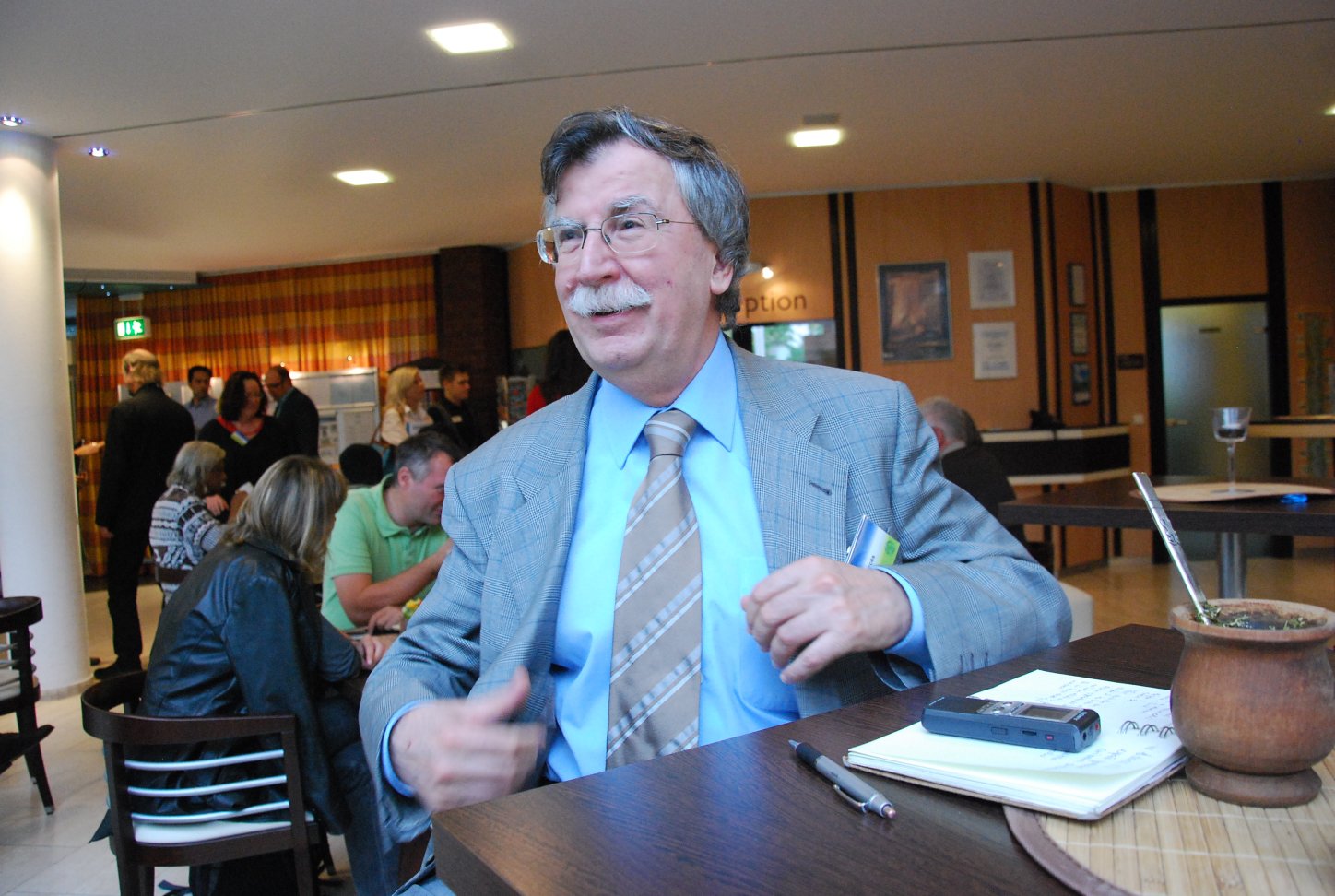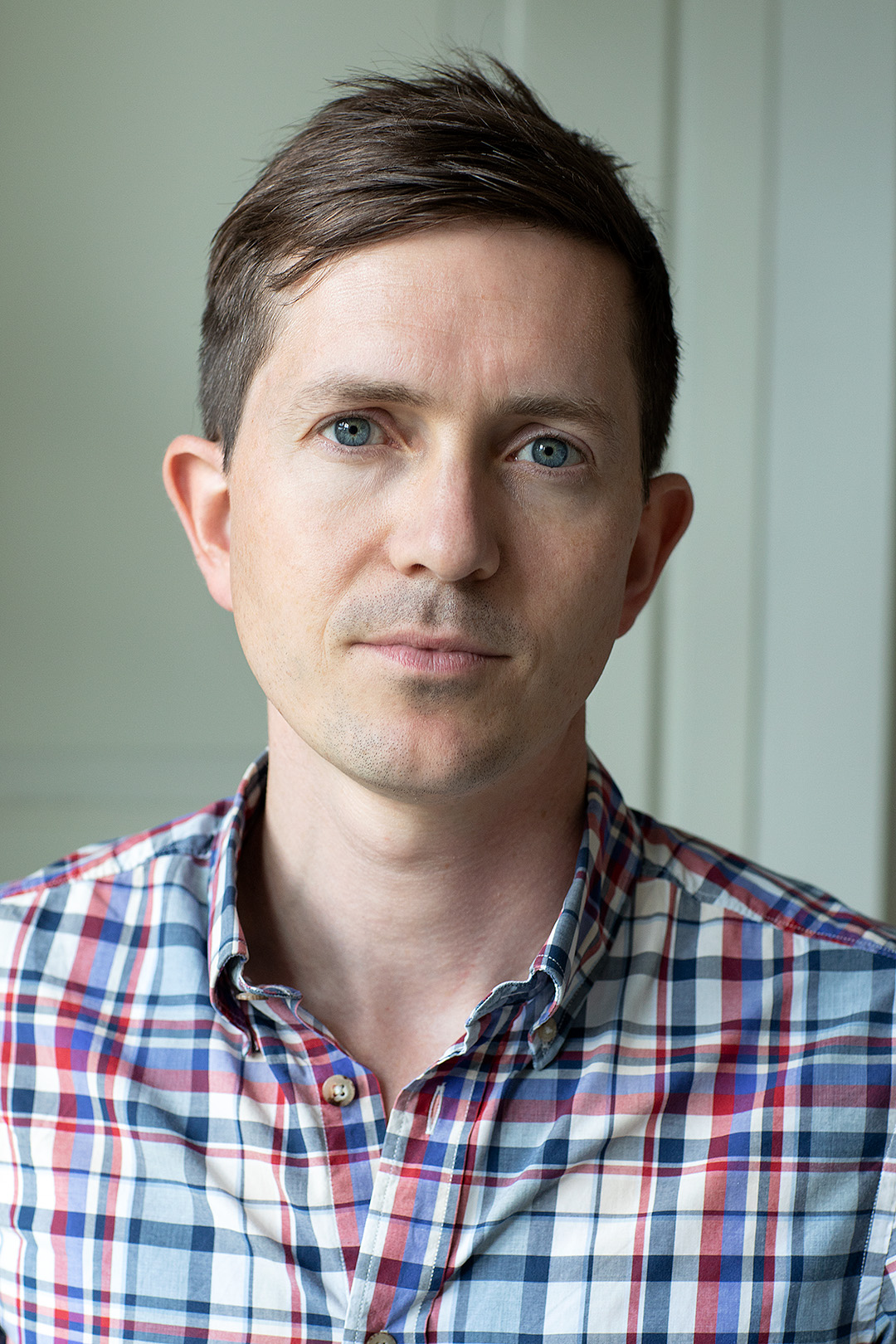
Joan Garcés criticises Chile’s latest Constitution draft as “the most regressive” in the country’s history
News 14.12.2023
On the 45th anniversary of the Spanish Constitution, lawyer and Right Livelihood Laureate Joan Garcés discussed the constitutional process in Chile and the upcoming referendum saying that Chile’s latest Constitution draft is an “extremely reactionary project” that must be struck down. Garcés should know: he served as personal advisor to former President Salvador Allende leading up to the 1973 coup d’état and was also the architect of the arrest of dictator Augusto Pinochet.
December 6 marked the anniversary of Spain’s Magna Carta. As Chile undergoes its second attempt to replace its Constitution this year, Joan Garcés, who received the 1999 Right Livelihood Award, took the opportunity to compare the Latin American country’s constitutional process to its former coloniser’s.
“Forty-five years ago, the monarchical Constitution was approved in Spain, replacing the legal system of General Francisco Franco’s dictatorship,” recalled Garcés.
And yet, Garcés suggested, remnants of Francoism remained in Spain’s Consitution today.
“The transition to a constitutional multiparty system, as is currently in force, was made with the specification that a constitution and its reform could only be approved if it was accepted by supporters of the dictatorship,” said Garcés. “Consequently, it is a closed and unmodifiable constitution.”
The disadvantage of rigid constitutions like the Spanish one, explained the Spanish jurist, is that they do not adapt to the changes and needs of social life, increasing the likelihood of a crisis.
“This is the case in Chile,” said Garcés. “The change from the dictatorial regime to the multi-party system occurred by accepting the Constitution that the dictatorship imposed in 1980. This included keeping the structures created during the dictatorship: the economic structures that enabled the concentration of wealth, and the media structures that supported the military coup in 1973 and the 17-year dictatorship.”
According to Garcés, the permanence of these structures explains the 2019 social crisis and the government’s decision to overcome it through a new Constitution that should respond to “the democratic, social, economic, environmental and ecological needs of the current reality of the world, and Chile in particular,” said Garcés.
A new government led by Gabriel Boric was elected in light of this vision and took office in March 2022, beginning the long-awaited constitutional process. Its first Constitution draft was rejected with 62 per cent of the vote six months later. Its failure, said Garcés, was, among others, a response to the new government’s delay in implementing its campaign promises.
“That government, which came into office with great hopes and expectations among those who elected it, decided to postpone its most important measures until after the Constitution was approved,” said Garcés. “Therefore, the first months, which are fundamental to demonstrating political change and the new government’s personality, were wasted.”
By September 2022, a large part of the electorate was no longer voting for a new Magna Carta or the previous Constitution’s maintenance.
“Especially the less-educated and politically informed electorate, which is more susceptible to the influence of mainstream media opposed to change, voted based on whether they were in favour of or against the new government,” said Garcés. “Discontent with the unfulfilled policies and the relative passivity of the government caused the rejection of that draft Constitution.”
From there, another system was put in place to prepare a second Constitution draft. This time, Garcés said, it was “controlled by the extreme right in practically absolute terms.” That Constitution proposal will be submitted for consultation on Sunday, December 17.
When asked about his hypothetical vote for the second Constitution draft, Garcés was resolute in his answer.
“I only vote in Spain, but obviously, if what is proposed is an extraordinarily reactionary draft Constitution in every sense – social, economic, political, civil-military relationship, etc. – my vote would be negative,” said Garcés.
Garcés has not returned to the country ever since his urgent departure following the September 1973 coup. However, his persistence in seeking justice for the dictatorships has not been shaken throughout the past 50 years.
“If the extreme right project is approved, it will be the most regressive constitution in the entire history of Chile, but democratically legitimised, which was not the case with the Constitution imposed by the dictatorship in 1980,” Garcés said.
“And if this very reactionary draft Constitution is rejected, the Constitution from before the 2019 protest movement will be restored. Therefore, it can be said that those who have directed this process are totally and strategically defeated.”









